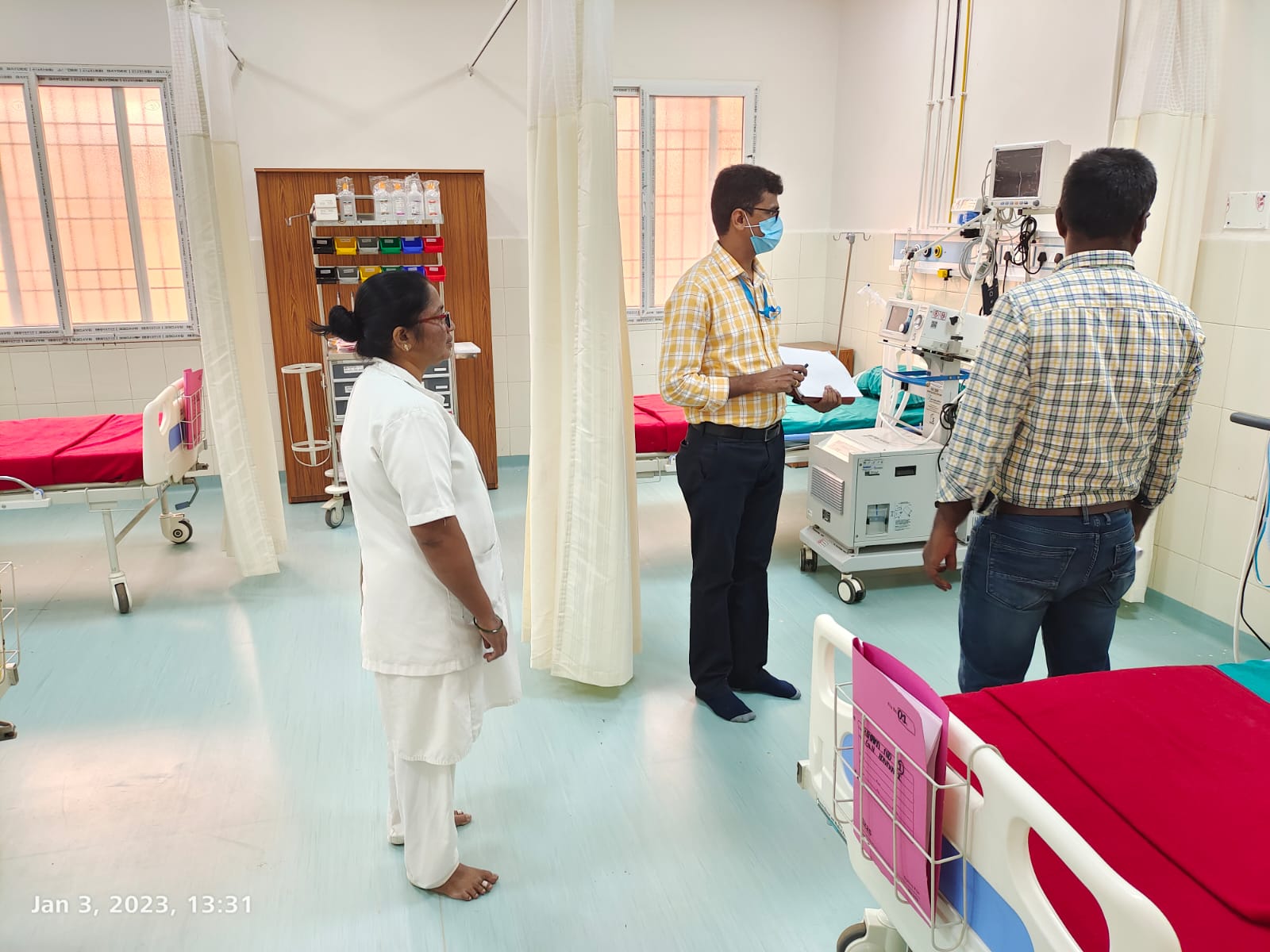Looking to the Future: How Local Organizations Are Improving Health in Their Communities
Published on August 27, 2024
By Mamane Maitouraré Boukary Bako (Kawtal); Voahangy Ratsiorivololona (SALFA); Aleksandar Prica (Asocijacija DUGA); Darlton John (HASiL); Salamatou Mamane Sani Issa (MOMENTUM Private Healthcare Delivery Niger); Priyanka Sreenath (MAMTA – HIMC), Anamika Lahiri and Sai Subhasree Raghavan (SAATHII); and Maria Dieter (MOMENTUM Knowledge Accelerator)
Partnering with local organizations is a win-win: It doubles impact by delivering project results and enhances local capacity, ensuring benefits that last long after the partnership is over. Delivering results also requires a strong knowledge of systems and contexts, and no one knows these better than local partners. With all of this in mind, USAID has committed to providing at least a quarter of its funding directly to local partners.
But what does localization look like in practice? Read on to learn how MOMENTUM has partnered with eight local organizations on three continents–with lasting results.
Kawtal: Working Together to Prepare for Shocks and Stresses to the Environment
 Kawtal, a non-governmental organization (NGO) in Niger, has always had a focus on partnership—Kawtal means “let’s work together” in Fula, a regional language. The NGO focuses on creating a resilient society, contributing to economic growth and access to social services in several regions across Niger, such as Tahoua. Tahoua is especially vulnerable to the impacts of climate change such as long-term droughts, which can disrupt access to essential health services. MOMENTUM Integrated Health Resilience partnered with Kawtal to build health resilience by giving people the tools to continue using contraception even when shocks and stresses to the health system might disrupt access to family planning. Kawtal worked with MOMENTUM to create an early warning system for shocks to the environment in the village of Toro in Tahoua, allowing the community to anticipate when and how severe a shock will be and identify action steps to mitigate the impact. The early warning system can give women notice to adopt long-acting methods of contraception before a shock disrupts access to family planning.
Kawtal, a non-governmental organization (NGO) in Niger, has always had a focus on partnership—Kawtal means “let’s work together” in Fula, a regional language. The NGO focuses on creating a resilient society, contributing to economic growth and access to social services in several regions across Niger, such as Tahoua. Tahoua is especially vulnerable to the impacts of climate change such as long-term droughts, which can disrupt access to essential health services. MOMENTUM Integrated Health Resilience partnered with Kawtal to build health resilience by giving people the tools to continue using contraception even when shocks and stresses to the health system might disrupt access to family planning. Kawtal worked with MOMENTUM to create an early warning system for shocks to the environment in the village of Toro in Tahoua, allowing the community to anticipate when and how severe a shock will be and identify action steps to mitigate the impact. The early warning system can give women notice to adopt long-acting methods of contraception before a shock disrupts access to family planning.
Kawtal’s increased capacity through its work with MOMENTUM has also helped the organization access other financing, catapulting it into its next stage of development. “Before MOMENTUM, we had no projects at all. But now that we’ve built our technical, organizational, and grant management capacity [with MOMENTUM], we have several other technical and financial partners,” says Kawtal’s Maitouraré Boukary Bako. Notably, Kawtal has begun projects focusing on health resilience and women’s leadership with UN Women and Chemonics.
You can follow Kawtal on Facebook.
SALFA: Broad Reach, Broader Results
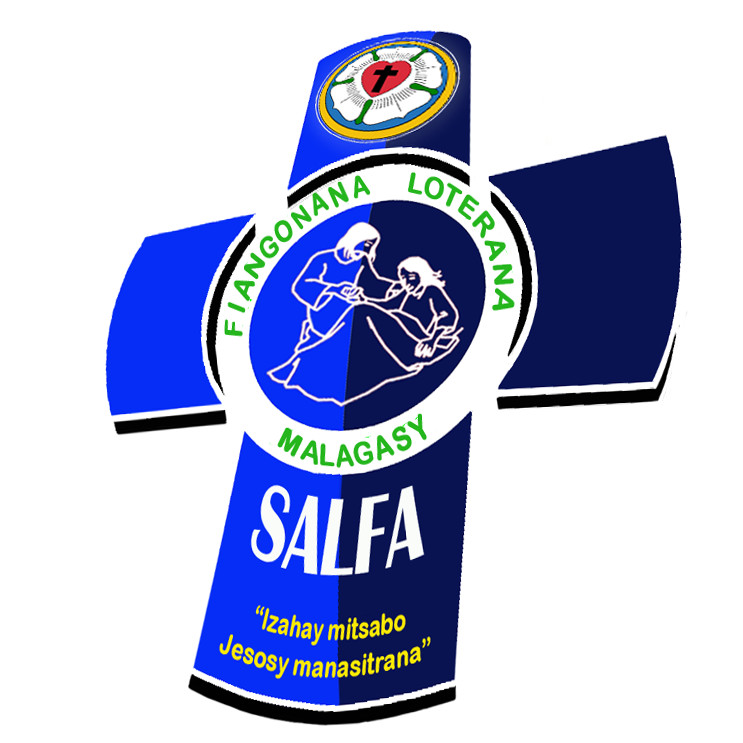 Partnering with religious organizations, which often have broad reach, can increase access to health care for people who may otherwise not use the formal health care system. This is the case with SALFA (the Malagasy Lutheran Health Department), which runs more than 50 health centers across Madagascar. SALFA is well-suited to serve the sexual and reproductive health needs of young people in Madagascar, where 31 percent of women begin having children during adolescence. MOMENTUM Country and Global Leadership worked with SALFA to adapt the Tanora Mitsinjo Taranaka approach, which counsels young first-time parents on sexual and reproductive health (SRH) through an approach based on their future aspirations. During its partnership with MOMENTUM, Ministry of Health community health agents mobilized by SALFA in the Antsirabe I district reached almost 1,300 couples with information about sexual and reproductive health, helping them understand how family planning can assist with their personal goals and aspirations. An astounding 89 percent of first-time parents who received a referral from these health agents began using SRH services after these visits!
Partnering with religious organizations, which often have broad reach, can increase access to health care for people who may otherwise not use the formal health care system. This is the case with SALFA (the Malagasy Lutheran Health Department), which runs more than 50 health centers across Madagascar. SALFA is well-suited to serve the sexual and reproductive health needs of young people in Madagascar, where 31 percent of women begin having children during adolescence. MOMENTUM Country and Global Leadership worked with SALFA to adapt the Tanora Mitsinjo Taranaka approach, which counsels young first-time parents on sexual and reproductive health (SRH) through an approach based on their future aspirations. During its partnership with MOMENTUM, Ministry of Health community health agents mobilized by SALFA in the Antsirabe I district reached almost 1,300 couples with information about sexual and reproductive health, helping them understand how family planning can assist with their personal goals and aspirations. An astounding 89 percent of first-time parents who received a referral from these health agents began using SRH services after these visits!
SALFA notes two important impacts of its partnership with MOMENTUM: “[The partnership] has improved SALFA’s capacity and organizational performance and has improved our visibility to carry out community-based action plans for sexual and reproductive health through public-private partnerships,” said SALFA’s Voahangy Ratsiorivololona.
Learn more about SALFA on the Global Health Ministries website.
Asocijacija DUGA: Engaging Communities in Healthy Lifestyles
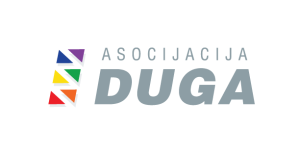 MOMENTUM Routine Immunization Transformation and Equity’s partner in Serbia, Asocijacija DUGA, focuses its efforts on reaching vulnerable people with who may otherwise be missed by the formal health system. DUGA collaborated with MOMENTUM to increase COVID-19 vaccinations in several Serbian districts. Efforts included community engagement events to spread the word about getting vaccinated and living a healthy lifestyle, recruiting individuals over 45 with chronic health conditions to be immunized, and ensuring accurate and timely collection of data.
MOMENTUM Routine Immunization Transformation and Equity’s partner in Serbia, Asocijacija DUGA, focuses its efforts on reaching vulnerable people with who may otherwise be missed by the formal health system. DUGA collaborated with MOMENTUM to increase COVID-19 vaccinations in several Serbian districts. Efforts included community engagement events to spread the word about getting vaccinated and living a healthy lifestyle, recruiting individuals over 45 with chronic health conditions to be immunized, and ensuring accurate and timely collection of data.
Aleksandar Prica, DUGA’s director, shares, “This partnership provided [us] with advanced training in community engagement and measurement, evaluation, and learning processes, equipping [us] with new skills and knowledge crucial for effective public health initiative…The collective efforts fostered a more informed and health-conscious community, underscoring the importance of vaccination in maintaining public health.”
Visit DUGA’s website here, or follow them on Facebook, Instagram, and YouTube.
HASiL: Moving Policy into Action
 Local organizations can be the key to moving abstract policies into concrete action. Health Alert Sierra Leone (HASiL) has partnered with MOMENTUM Country and Global Leadership to enhance its ability to influence health care legislation and ensure these policies are effectively implemented, working with District Health Management Teams and local healthcare providers to adapt legislation to local contexts. MOMENTUM has supported HASiL with capacity building, technical assistance, and strategic guidance on their activities.
Local organizations can be the key to moving abstract policies into concrete action. Health Alert Sierra Leone (HASiL) has partnered with MOMENTUM Country and Global Leadership to enhance its ability to influence health care legislation and ensure these policies are effectively implemented, working with District Health Management Teams and local healthcare providers to adapt legislation to local contexts. MOMENTUM has supported HASiL with capacity building, technical assistance, and strategic guidance on their activities.
HASiL sees a bright future ahead. “MOMENTUM’s support has enabled HASiL to more effectively influence health policy and engage with decision-makers, thereby driving improvements in healthcare services and policies. The capacity building and strategic insights provided by MOMENTUM have been crucial in helping us to scale our interventions and extend our reach into more communities, particularly those that are underserved,” says HASiL’s Darlton John.
Learn more about HASiL on their website or follow them on X or Facebook.
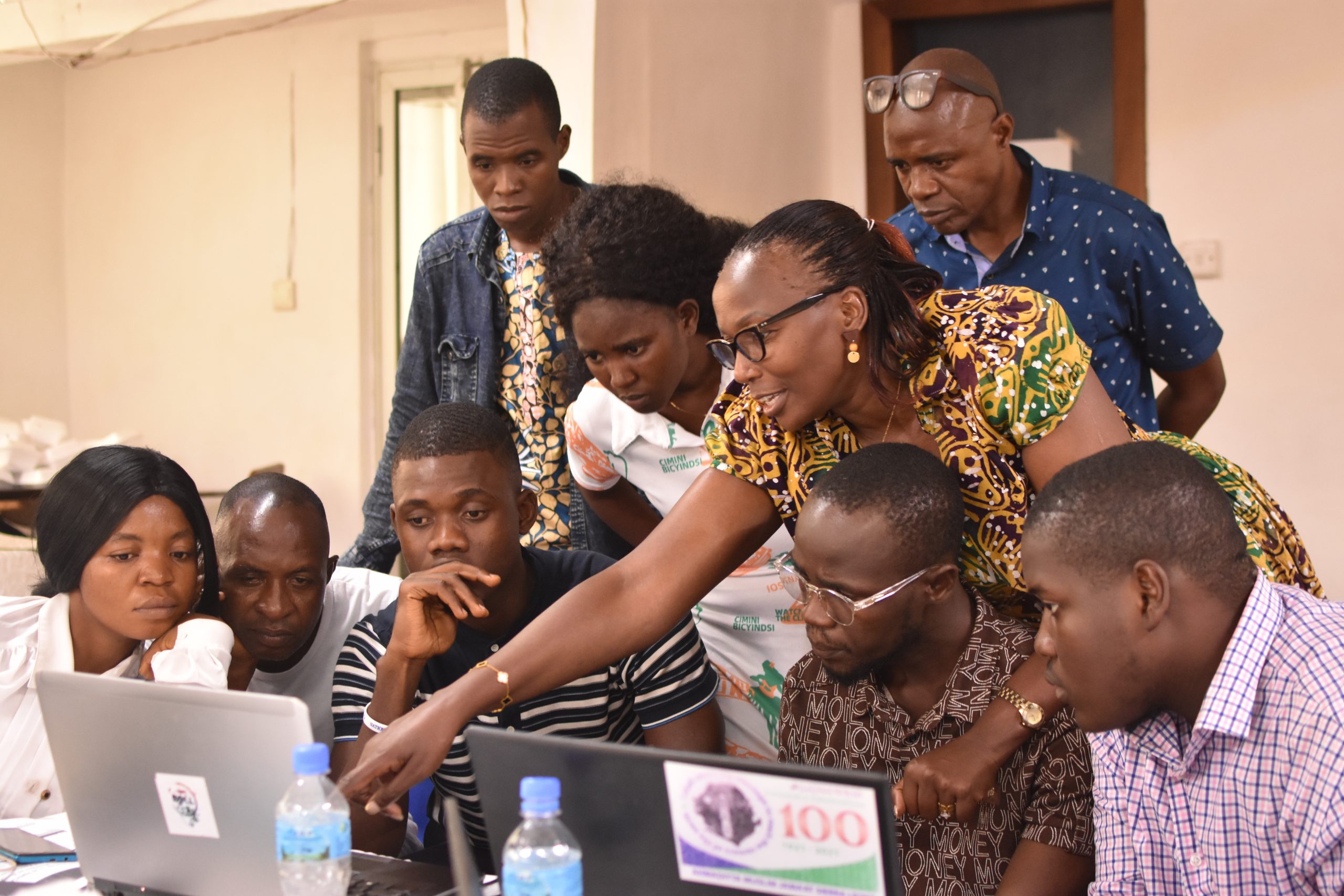
PSPSN: Convening Partners in the Private Sector
 Local organizations can play a convening role, bringing partners together for coordinated action and stronger contributions to the health system. La Plateforme du Secteur Privé de la Santé au Niger (the Private Health Sector Platform of Niger, or PSPSN) brings together several private health associations across Niger to amplify the voice of the private sector. MOMENTUM Private Healthcare Delivery is partnering with PSPSN to broaden quality private health care for Nigeriens, supporting them to set up regional offices and strengthening their institutional and leadership capacity for supportive supervision, coaching and training, leadership and coordination, and data utilization—all with an eye toward PSPSN’s long-term sustainability. PSPSN has already trained 124 private health providers on several topics, including contraceptive technology and maternal and newborn health, in partnership with MOMENTUM.
Local organizations can play a convening role, bringing partners together for coordinated action and stronger contributions to the health system. La Plateforme du Secteur Privé de la Santé au Niger (the Private Health Sector Platform of Niger, or PSPSN) brings together several private health associations across Niger to amplify the voice of the private sector. MOMENTUM Private Healthcare Delivery is partnering with PSPSN to broaden quality private health care for Nigeriens, supporting them to set up regional offices and strengthening their institutional and leadership capacity for supportive supervision, coaching and training, leadership and coordination, and data utilization—all with an eye toward PSPSN’s long-term sustainability. PSPSN has already trained 124 private health providers on several topics, including contraceptive technology and maternal and newborn health, in partnership with MOMENTUM.
For PSPSN, MOMENTUM’s impact is clear. “Without the support of [MOMENTUM], PSPSN would not [have been able to advance] past an early operational stage,” stated PSPSN’s president Dr. Amadou Dan Sono.
MAMTA – HIMC and SAATHII: Better Together
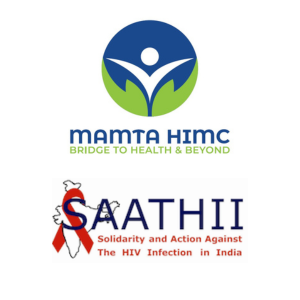 In India, MOMENTUM Safe Surgery in Family Planning and Obstetrics convened two local organizations to create an impact that was greater than the sum of its parts. The Mamta Health Institute for Mother and Child (MAMTA – HIMC) and Solidarity and Action Against the HIV Infection in India (SAATHII) both collaborated with MOMENTUM to mitigate the gender-related impacts of COVID-19 in India. Each partner had a specific focus:
In India, MOMENTUM Safe Surgery in Family Planning and Obstetrics convened two local organizations to create an impact that was greater than the sum of its parts. The Mamta Health Institute for Mother and Child (MAMTA – HIMC) and Solidarity and Action Against the HIV Infection in India (SAATHII) both collaborated with MOMENTUM to mitigate the gender-related impacts of COVID-19 in India. Each partner had a specific focus:
By the end of the project’s COVID-19-related work in India in August 2023, the partners had trained over 78,000 health workers on support for GBV, 14,800
health workers on self-care using digital tools, and 1,500 health workers on preparedness to manage respiratory diseases. MAMTA – HIMC and SAATHII also collaborated with each other to share their learnings: MAMTA – HIMC provided SAATHII with training on GBV, and SAATHII provided MAMTA with training on management for respiratory emergencies. MAMTA – HIMC and SAATHII continued their collaboration after the project to support and learn from each other to mitigate risks and address the challenges of implementation.
Both organizations report that being part of the MOMENTUM consortium benefited them in several ways. “The project gave us the opportunity to work closely with other consortium partners…These collaborations greatly expanded SAATHII’s technical expertise…Furthermore, SAATHII gained experience in implementing an innovative model that allowed for the rapid training of a large number of community health workers,” shares SAATHII’s Anamika Lahiri.
Learn more about MAMTA here, or follow them on X, LinkedIn, Facebook, Instagram, or YouTube.
Learn more about SAATHII here, or follow them on X, LinkedIn, or Instagram.
